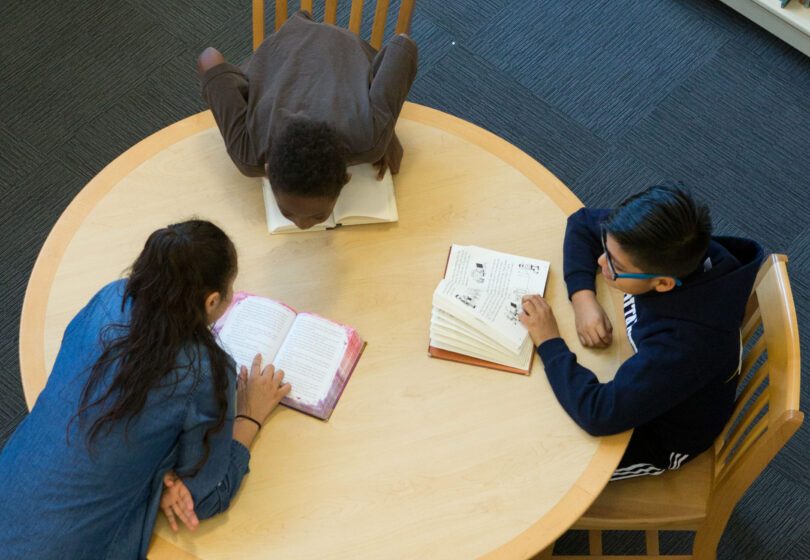Overview
For the Latinx community, the fight for social justice is an ongoing battle. It's important to understand that social justice is a vast and intersectional movement that is hard to conceptualize on one website page, therefore, we will only cover the tip of the iceberg. On this page, we will focus on the injustices within education, labor, and undocumented immigrants in the United States. By expanding and analyzing specific State/Federal court cases, injustice movements, and the CT Latinx community's fight against injustice, we can begin to implement these lenses and experiences into current social injustices/events, widening our understanding of Latinx issues and successes.
Unit Objectives
- Name and identify various movements and organizations Latinx activists have participated in throughout US history.
- Locate key activists within the timeline of US history, especially within Black and Latinx US history.
- Identify the different strategies activists use and apply them to hypothetical scenarios.
- Understand how Latinx social justice activists have shaped public policy in the United States, especially within the local reality of Connecticut.
Topics
A Brief History of Latinx Activism
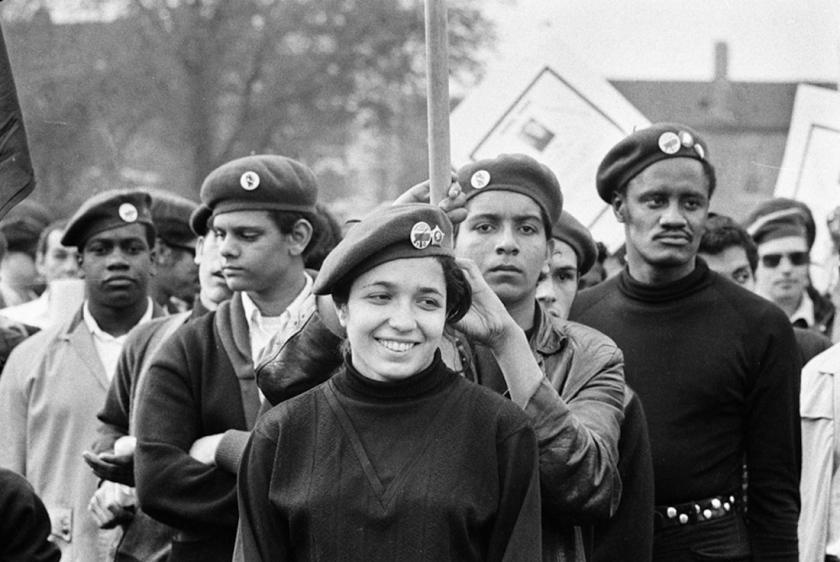
Focus:
Undocumented Rights
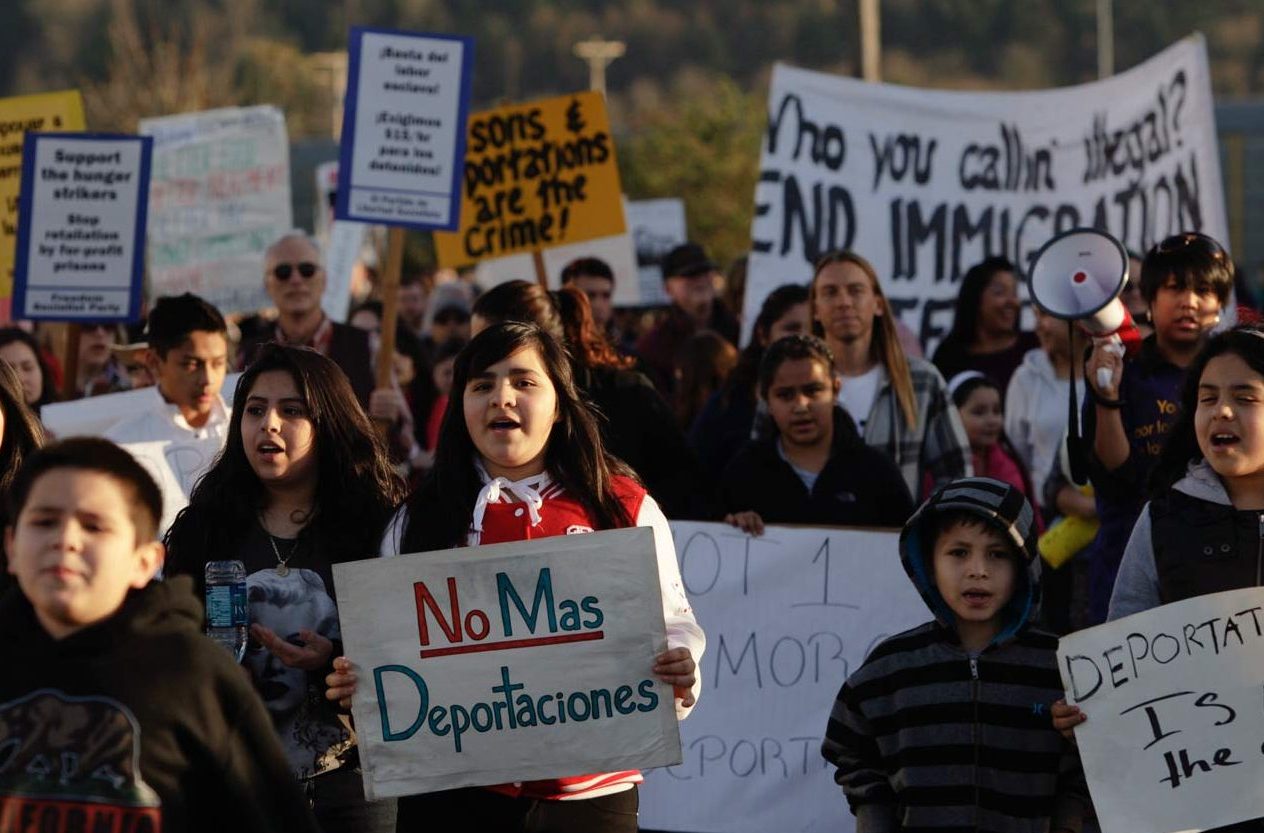
Focus: Understanding the rights, challenges, and role of undocumented immigrants in the U.S.
Labor Rights
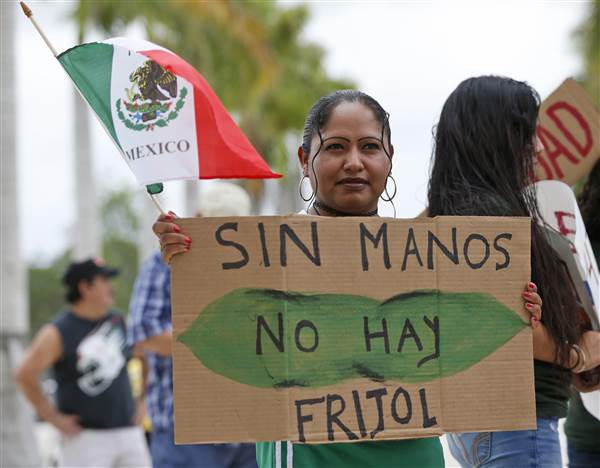
Focus: Examining Latino workers' contributions, labor rights challenges, and activism, particularly the impact of immigration status and labor laws on their workplace experiences.
Bilingual Education
Focus: Exploring the history, challenges, and legal battles surrounding bilingual education, ESL programs, and educational equity for Latinx students in the U.S.
Important People History Has Ignored
These individuals are those who have been ignored by history and are key to understanding the role that LatinX people have served in regards to Activism and Social Justice.
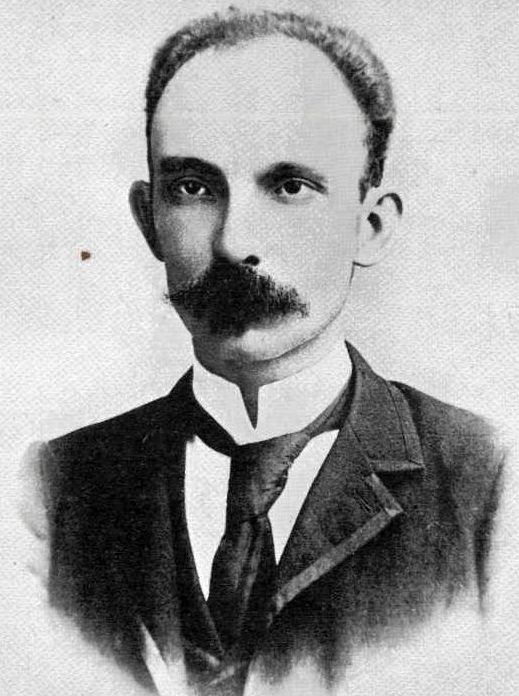
Jose Marti was a poet, journalist, and revolutionary writer from Cuba. Marti’s talent and political consciousness started at a young age, with his first poems being published at age 16. In 1869, he became a delegate of the Cuban Revolutionary Party in 1892 and developed plans for Cuban independence. He raised funds and joined forces with Cuban generals to go into battle for Cuban independence in 1895. Though he died in battle, his revolutionary poems and essays continued to inspire Cuban revolutionaries throughout their struggles for independence, and he is considered a Cuban national hero today.
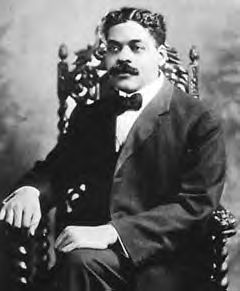
Arturo Alfonso Schomburg was an Afro-Puerto Rican intellectual and archivist who worked to recover and preserve the histories of the African Diaspora. Throughout his life, Schomburg collected a database of documents and artifacts relating to the African Diaspora so large that his legacy turned into a branch of the New York Public Library (NYPL). The NYPL’s Schomburg Center for Research in Black Culture is still active today with exhibits that are both in-person and online.
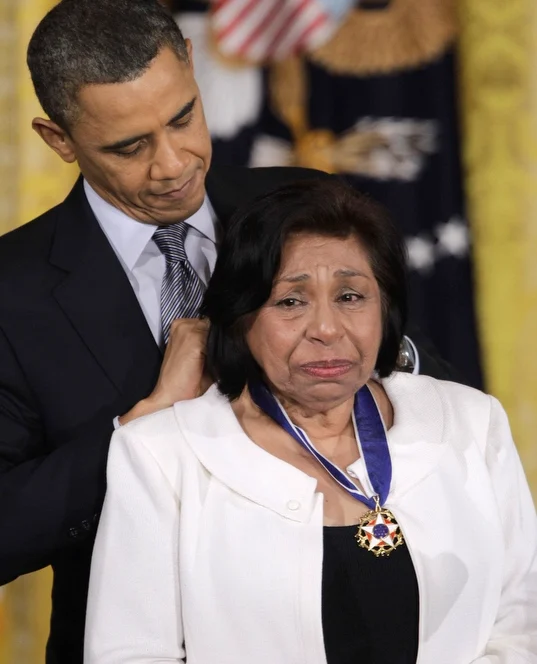
Sylvia Mendez is the daughter of Puerto Rican and Mexican migrants and a life-long civil rights activist whose name first became recognizable during the California court case Mendez v. Westminster when she was only 8 years old. This case ended de jure segregation in California’s schools. Today, Mendez continues to give speaking engagements about her parents’ contributions to educational equality
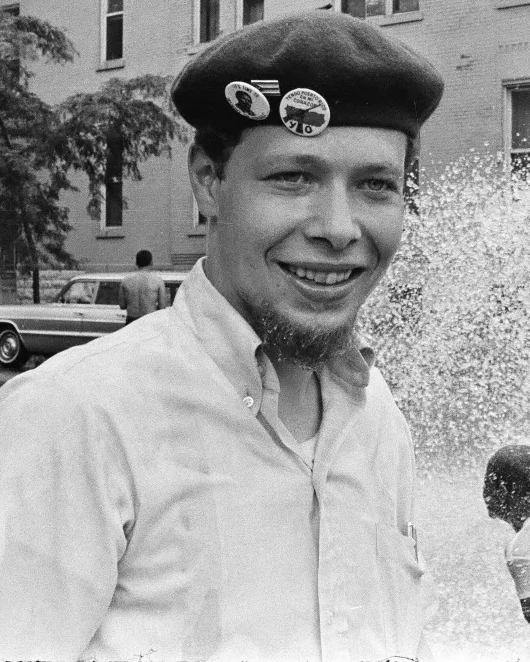
Jose Cha Cha Jimenez founded the Young Lords Organization (YLO) on September 23, 1968, when he was 20 years old. Jimenez initially founded the Young Lords to fight back against the gentrification of the Lincoln Park neighborhood in Chicago. Chicago became the Young Lords' headquarters, but Jimenez's movement created grassroots chapters in other cities, including Bridgeport, CT. The Young Lords also allied with the Rainbow Coalition, the Young Patriots, and the Black Panther Party. In collaboration with these organizations, they provided free breakfast programs and childcare, offered free health and dental clinics for poor communities, and fought for women's rights in cities across the country.
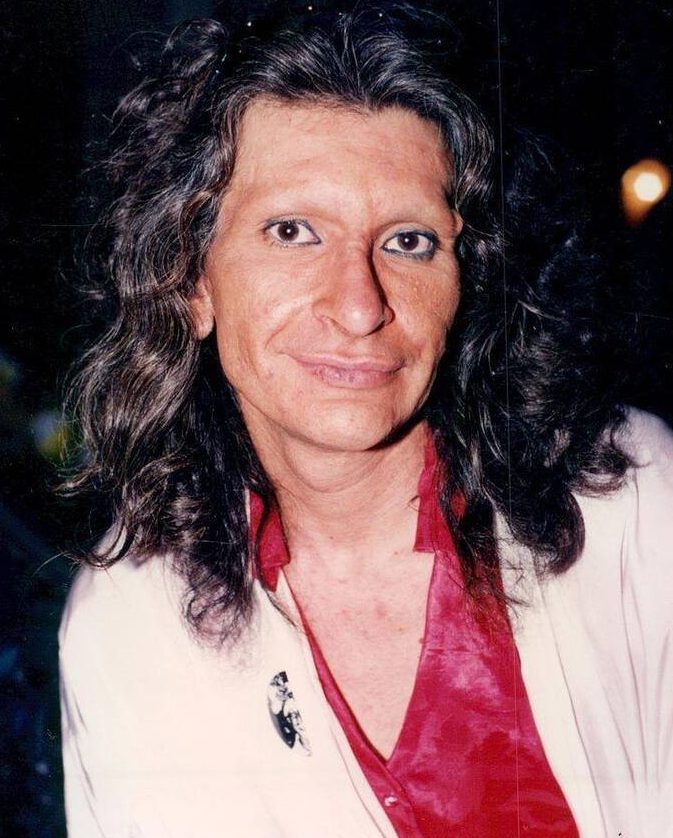
Sylvia Rivera was a trans woman from New York of Venezuelan and Puerto Rican descent. At age 11, she became homeless to escape her transphobic home life. Rivera was a vocal critic of many gay rights organizations as many of these groups alienated the transgender community and erased members of the queer community who were not white and middle class. In 1970, Rivera and close friend Marsha P. Johnson, a black trans woman, founded the Street Transvestite Action Revolutionaries (STAR), to provide for transgender and queer community members. STAR provided housing, support, and a voice for members of the queer and trans community, no matter what their situations were. Rivera also fought for public policy changes at local and national levels to improve conditions and outlaw discrimination on the basis of sexual orientation and gender identity, such as when she advocated for the passing of the Sexual Orientation Non-Discrimination Act in New York.
CT: Connections to Local Realities
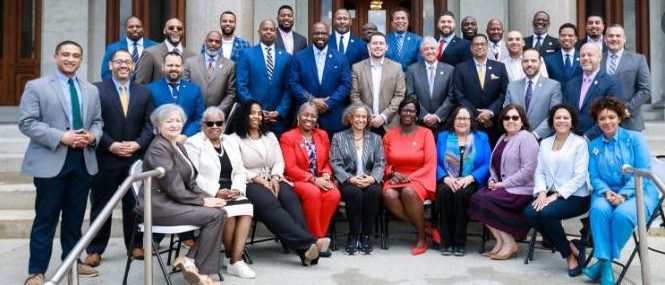 The Black and Puerto Rican Caucus
The Black and Puerto Rican Caucus Madre Latina
Madre Latina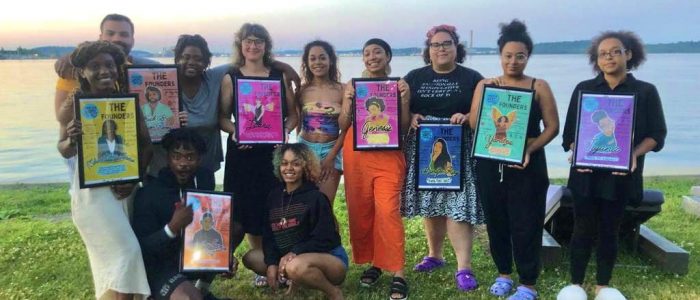 The founders of Hearing Youth Voices
The founders of Hearing Youth Voices Hispanic Coalition
Hispanic Coalition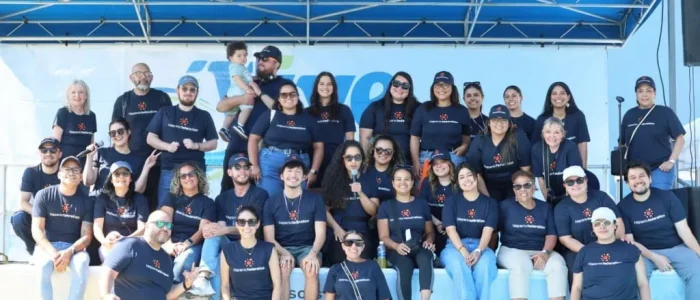 Hispanic Federation (HF)
Hispanic Federation (HF)
The Black and Puerto Rican Caucus are the elected representatives in Connecticut that openly fight for the rights and equality of Black and Latino members of society. Their priorities going into 2019 were to fight on the topic of Prison Reform, in particular, helping former inmates re-enter society to a more welcoming environment. Along with fighting Prison Reform, they wanted to help people of color from going to jail at disproportionate rates.
Madre Latina was founded in 2011 by Yoellie Iglesias and a group of Latinas who wanted to connect the Latino community with programs and services in Connecticut. The organization is dedicated to improving the health, educational attainment, human welfare, and opportunities for Latino families in Connecticut by connecting them to resources in the community they may not know about. Madre Latina’s overall goals are to provide educational, health, and lifelong learning opportunities, acting as a support network to continue Latino success.
Hispanic Coalition was founded in 1988 with the goal to foster the creation of successful Latino individuals. The Hispanic Coalition acts as a center to help families find the resources they need while also enriching the growth of the community through programs that work with students of color and the elderly Latino population.
Hearing Youth Voices are a youth-led and created social justice organization working to create systemic change in the education system throughout Connecticut. They helped fight for the bill PA 19-12 that enforces the right to equal and diverse education in Black and Latino Studies.
Hispanic Federation (HF) is a Latino nonprofit membership organization with influence throughout the Eastern seaboard. Founded in 1990, its goals are to empower and advance the Hispanic community, support Hispanic families, and strengthen Latino institutions through their national and local offices. The CT office “advocates and organizes in the areas of education, health, immigration, civic engagement, economic empowerment, & the environment” and spends time in legislative sessions fighting for the rights of CT Latinos. They also support Latino-serving agencies with training and grants to further the quality of help done in these communities. The national president and CEO is Frankie Miranda.
